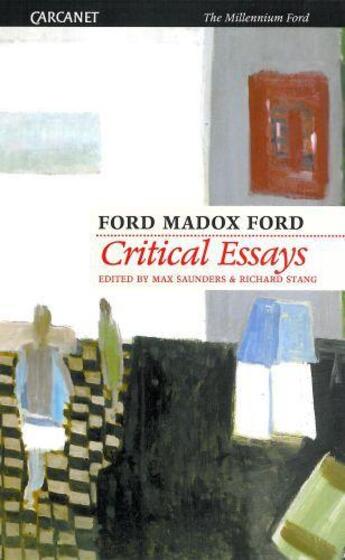-
Nombre de pages : (-)
-
Collection :
(-)
-
Genre :
(-)
-
Thème :
Non attribué
-
Prix littéraire(s) :
(-)
Résumé:
In 1911 some of D.H. Lawrence's poems and his story Odour of Chrysanthemums found their way, without his knowledge, to the desk of the editor of the English Review, Ford Madox Hueffer (later Ford). Ford was astonished and invited Lawrence to meet him, which the poet did with superb reluctance.... Voir plus
In 1911 some of D.H. Lawrence's poems and his story Odour of Chrysanthemums found their way, without his knowledge, to the desk of the editor of the English Review, Ford Madox Hueffer (later Ford). Ford was astonished and invited Lawrence to meet him, which the poet did with superb reluctance. Ford reinvents the meeting in 1937, recalling how, 'He had come, like the fox, with his overflood of energy - his abounding vitality of passionate determination that seemed always too big for his frail body.' Ford included the work in the English Review, talked up the new writer, and handed on his first novel, The White Peacock, to Messrs Heinemann. It is hard to understate the impact that Ford had on the literature of his age. His work as a magazine editor alone ensures him a place in the annals of Modernism; his patronage, his successful as much as his squandered aid - to Lawrence, Wyndham Lewis, Hudson, Pound, Conrad, Joyce, Stein, early Hemingway, Cummings, Rhys and others remembered and forgotten - is a huge chapter of literary history. As well as being an enabler, he was also a great critic, with the ability to read the present and re-read the past with independent vision. Series Editor: Bill Hutchings
Donner votre avis














